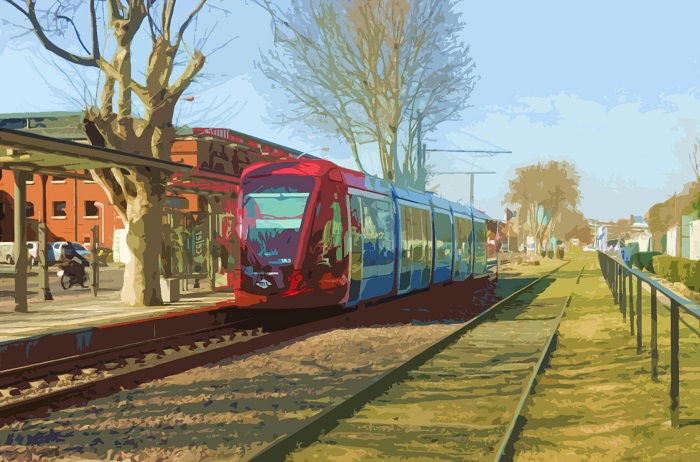Transforming the urban transport governance in a metropolitan area

In the capital city of an EU country, transport operators providing metro, tram and bus services were subsidiaries of the public transport metropolitan Authority.
Twenty years post its establishment, our client, the Authority, faced significant challenges in fulfilling its strategic role and managing the interfaces with operators. For instance, the Authority participated in the delivery of day-to-day operations, while tasks of strategic importance, such as marketing, fare collection, audits for ticket evasion and public communications were fragmented to the various companies, thus leading to a compromised passenger experience.
At the same time, the various companies did not leverage opportunities for economies of scale from similar operations and common purchases, while the intercompany relationships were poorly managed.
M-Prime was asked to review the allocation of responsibilities between the Authority and the operators, to propose new terms for the service delivery contracts among stakeholders and to provide recommendations for the overall governance of the urban transport system in the metropolitan area.
The way to problem solvingTo deliver the updated governance, we initially analysed the roles and responsibilities of the various stakeholders as per the current legislation and we captured the changes in governance in a span of twenty years.
Then, we reviewed the existing contracts among stakeholders and classified them as gross-cost, net-cost or hybrid in terms of the service and revenue model implemented. We also analysed the performance regimes of the service contracts, as well as the provisions for the financial implications in case of service changes.
Post the analysis of the local environment, we moved to the global best practices and we delivered a thorough benchmarking exercise on the governance and organization of urban transport systems in metropolitan areas of EI and non EU countries, such as Paris and Sydney.
The benchmarking exercise covered the evolvement over time of the governance scheme in the cities of interest, the detailed mapping of stakeholder roles, the organizational charts, the service contracts and the funding scheme for urban transport.
We finally synthesized all benchmarking findings in three areas to serve as takeaways for our client.
ImpactWe provided more than 50 recommendations covering all aspects of governance and organization, incorporating lessons learnt from benchmarking and addressing the yearly challenges of the local urban transport system.
With respect to the allocation of responsibilities, we suggested that the metropolitan Authority should concentrate on marketing, corporate branding, information provision for passenger journeys, ticket sales and public communications. We also recommended an improved organization of corporate activities, such as digital transformation, financial and human resources management, procurement and ESG.
Our advice extended to service contracts with recommendations related to the implementation of a net-cost model, the system of rewards and penalties, the performance-based control of operators and the need for all parties to focus on passenger experience.
In addition to the above, we developed a new approach for the composition of the BoDs of the companies, the decision-making levels and the required skills for the top management, while we stressed the need for a more synergetic approach in issue resolution among stakeholders.
Our client is currently implementing the required legislative changes in order to enable the implementation of the new governance scheme.
Back
